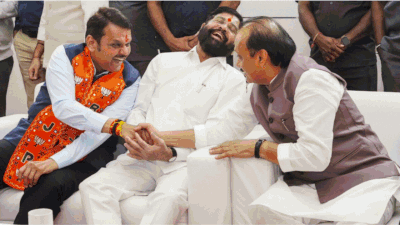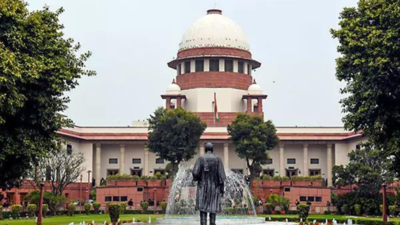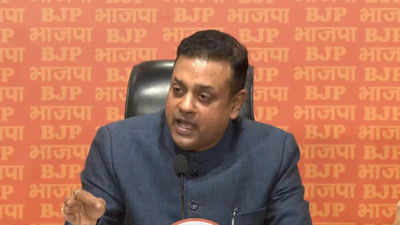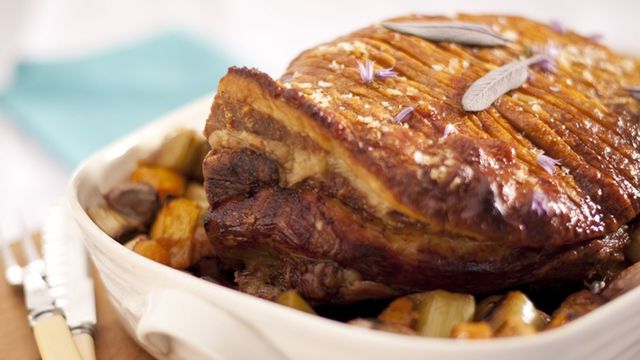
NEW DELHI: All 288 seats in Maharashtra are set to vote for assembly elections on Wednesday in a single phase. Along with Maharashtra, Jharkhand will also vote for 38 seats in the second and final phase. In Maharashtra, it's a high-stakes battle for the two major alliances, Eknath Shinde-led Mahayuti which is currently in power, and Maha Vikas Agadi (MVA).
Since 2019, when the last assembly was held, the state has seen two major splits with Ajit Pawar and Eknath Shinde splitting Nationalist Congress Party (NCP) and Shiv Sena respectively. This election will therefore see a blockbuster contest of Sena vs Sena and Pawar vs Pawar where the parties fight for popular mandate and legacy. The incumbent BJP-led Mahayuti alliance seeks to maintain their control, whilst the Maha Vikas Aghadi (MVA) coalition aims to regain power in the state.
The electoral contest features 4,136 candidates, including 2,086 independents. In Mahayuti, the BJP is competing in 149 constituencies, Shiv Sena in 81, and the Ajit Pawar-led NCP has nominated candidates for 59 seats. On the other hand in MVA, Congress has nominated 101 candidates, whilst Shiv Sena (UBT) has 95 contestants, and NCP (SP) is represented by 86 candidates.
Meanwhile, the Bahujan Samaj Party has fielded 237 candidates, whilst the All India Majlis-e-Ittehad-ul-Muslimeen (AIMIM) is contesting in 17 constituencies of the 288-member assembly. The two Pawars, Shinde and Thackeray are locked in a fierce contest for political legitimacy. The outcome of the 288-member Maharashtra Assembly election, scheduled for announcement on November 23, could potentially end the political careers of two contestants.
Sharad Pawar, approaching his 84th birthday, seeks to deliver another decisive victory against his nephew's faction, which the Election Commission recognised as the legitimate Nationalist Congress Party. Ajit Pawar, following his setback in the Lok Sabha elections, aims for a comeback. The Lok Sabha results provided encouragement to both Thackeray, leading Shiv Sena (UBT), and chief minister Shinde, whose group received recognition as the authentic Shiv Sena.
The assembly election now stands as a decisive contest. The performance of these four regional leaders will influence the political strategies of national parties. The factional rivalry intensifies with Shiv Sena claimants competing in over 51 constituencies, whilst Pawar faction candidates face off in approximately 36 seats.
Party workers reference "Mumbai ka king kaun", highlighting the contest for dominance over Mumbai, previously controlled by the unified Shiv Sena. Western Maharashtra witnesses the most intense uncle-nephew competition, particularly in the Pawar family's stronghold. Sharad Pawar, having served four terms as chief minister, calls for defeating 'betrayers', targeting Ajit Pawar's group.
The nephew maintains restraint in his rhetoric, mindful of public sympathy towards his uncle following the Lok Sabha results. NCP (SP) secured eight Lok Sabha seats compared to NCP's one, whilst Shiv Sena (UBT) won nine seats against Sena's seven. Campaign narratives ranged from opposition's focus on economic challenges and alleged discrimination to the ruling alliance's emphasis on welfare programmes and Hindutva agenda.
The Saturday results will determine both popular support for competing agendas and the political survival of Maharashtra's key political figures. (With agency inputs).














